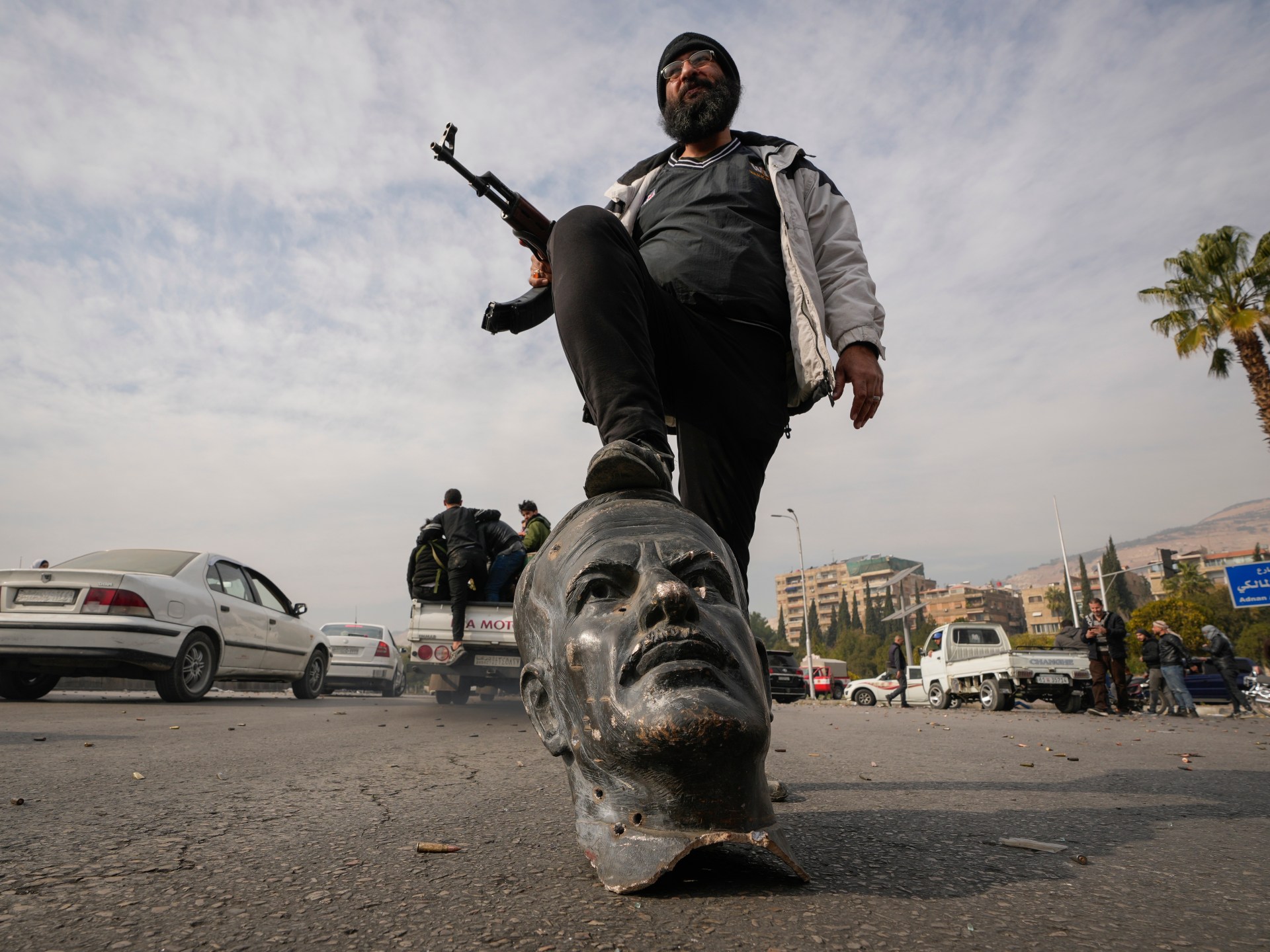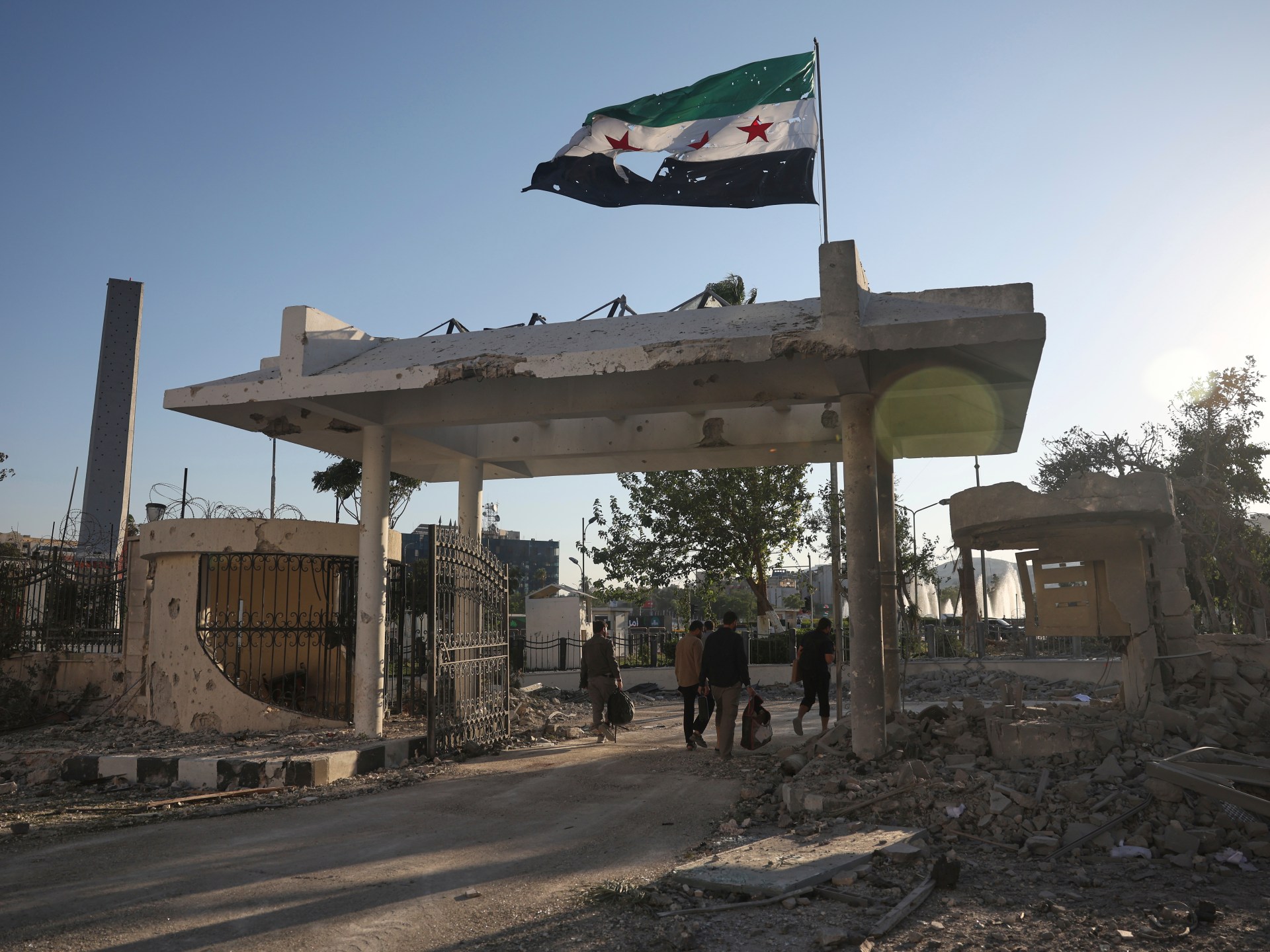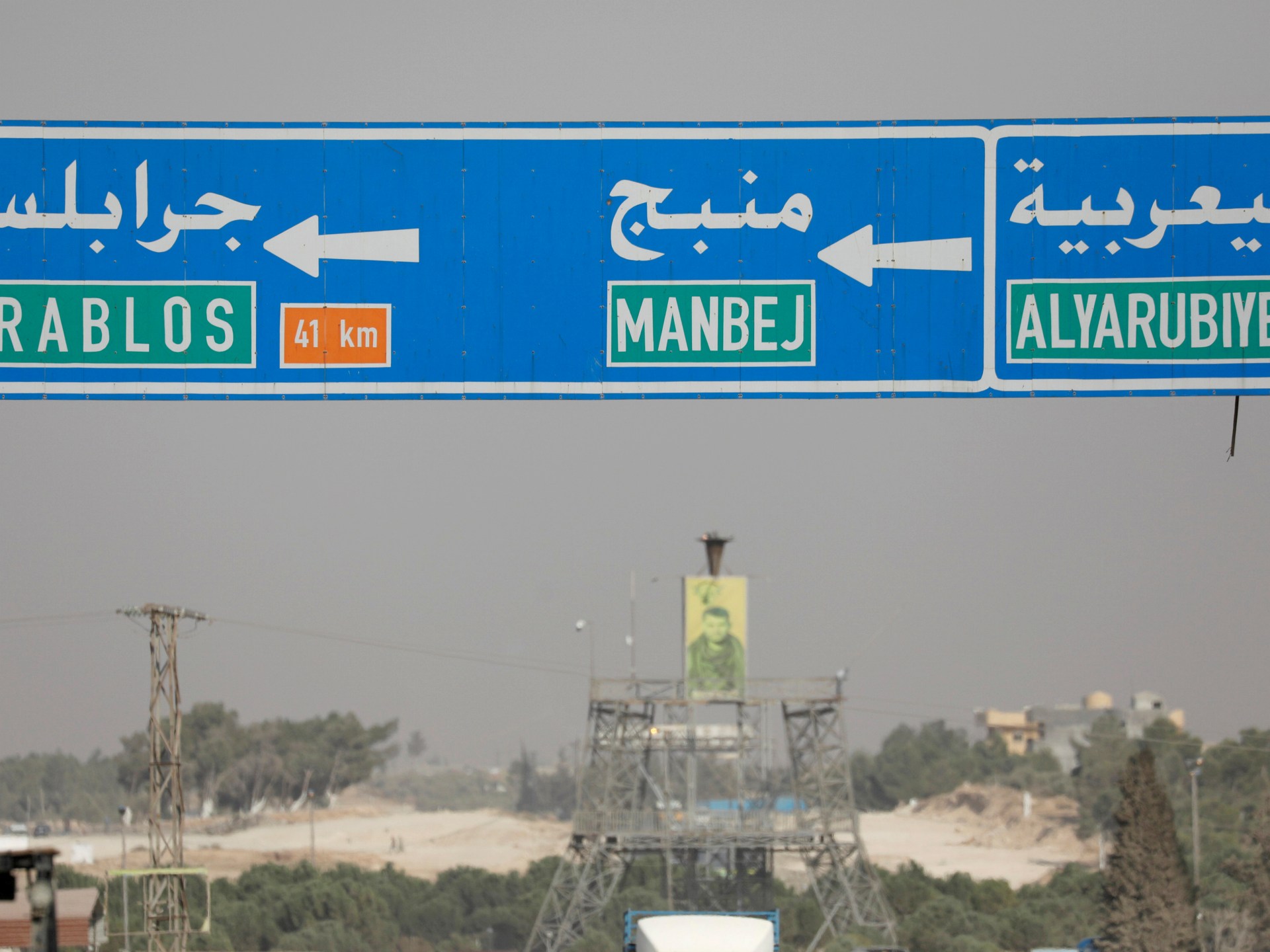
On December 8, after a rapid offensive that lasted less than two weeks, Syrian opposition forces entered Damascus and declared the end of Bashar al-Assad’s regime. The Syrian president and his family are believed to have flown out in an unknown direction just before the rebels entered the capital.
The uprising against the Syrian government that ended the half-century of al-Assad family rule should be seen as among the most important political turning points in the modern Arab region since the end of World War II and the creation of Israel in 1948. It marks a definitive break with the legacy since the 1950s of military-anchored Arab autocrats who have long dominated and ravaged Arab societies.
Many rightly celebrate the overthrow of al-Assad, and many others wonder what will happen next given the involvement of various local and external powers in Syria. The Syrian people know they want a decent life, to be treated with respect and to be heard. We should humbly watch them bring a new and stable order to their country and stop the Western silliness of analysing what the length of a beard means or entertaining conspiracy theories.
It is critical now to reflect on what the devastating tale of Syrian governance and civil war mean. Syria under the Assads was neither unique nor the work of just a few local brutes. Rather, it is an example of the widespread legacy of heavy-handed, often vicious, Arab state power that has ravaged the region and demeaned its people for half a century, with the help of regional and great powers and assorted nongovernmental groups.
The al-Assad regime was the longest-lasting military-based, foreign-backed, and family-anchored autocratic government to dominate the Arab region, which devastated its people, economy, and national integrity.
The Syrian experience reveals all the debilitating hallmarks of shared Arab autocracy, which persist widely and must be systematically rooted out of our societies. These include a lack of genuine pluralism and accountability through credible participatory institutions; top-heavy rule anchored in military and police brutality, mass imprisonment, torture, and death; centralised economic planning that breeds corruption among the elite and deep quality-of-life disparities across the land; and no structural connections between the citizens and the state that could generate policies that reflect the consent and will of the governed.
The 1952 Egyptian revolution of Gamal Abdel Nasser initiated the destructive legacy of military-run Arab governance, which expanded more quickly after Israel’s 1967 defeat of Arab armies. Bashar al-Assad’s father, Hafez, was among a cohort of Arab officers who seized power in the following two decades in various Arab countries and proceeded to drive them into the ground.
These self-imposed officers could neither wage war nor govern effectively during their decades of rule. As a result, since the 1990s, most Arabs outside the few wealthy oil producers have suffered steady declines in their opportunities for decent education and healthcare, jobs, access to sufficient food, water, and electricity, and other basic necessities.
Regional surveys reveal over and over again that a small percentage of Arabs (mostly in the oil-producing states and among small elites elsewhere) live comfortable lives, while the majority enjoy neither political rights nor a decent material life. Inequality and poverty within Arab societies continue to rise.
Through repression, Arab governments have transformed their citizens into passive, voiceless, impotent consumers, many of whom seek to or do emigrate. Repression has generated intense anger, fear, and desperation among their citizens. They have responded by challenging the state, joining its corrupt system, or retreating from it into smaller tribal, religious, or ideological groups they form to protect themselves and survive in the face of dangers from their own state, Israel, or foreign powers.
The most potent Arab movements that challenged the militarised power model were Islamist – both armed and peaceful. In Syria, when a peaceful protest movement was met with brutal military force, the uprising quickly transformed into a civil conflict, which undermined national cohesion, allowed the proliferation of armed groups and ushered in interference from foreign powers.
What has happened in Syria should be a wake-up call for all Arab autocrats. The region cannot endure long the reality that not a single Arab state has been credibly validated by its own people through constitutional or electoral means.
I’ve experienced and journalistically chronicled the conditions of Arab societies and citizens for over half a century, and I conclude that not a single Arab country has passed the four cardinal tests of stable statehood, genuine sovereignty, citizenship, and sustained and equitable human development.
We would be fools to miss the signals that Syria sends the world about every ordinary citizen’s indomitable will to live in freedom and dignity. And we would be complicit in denying these to Arabs if we continue business as usual with the existing state and economic systems that have mostly failed their people.
The views expressed in this article are the author’s own and do not necessarily reflect Al Jazeera’s editorial stance.







